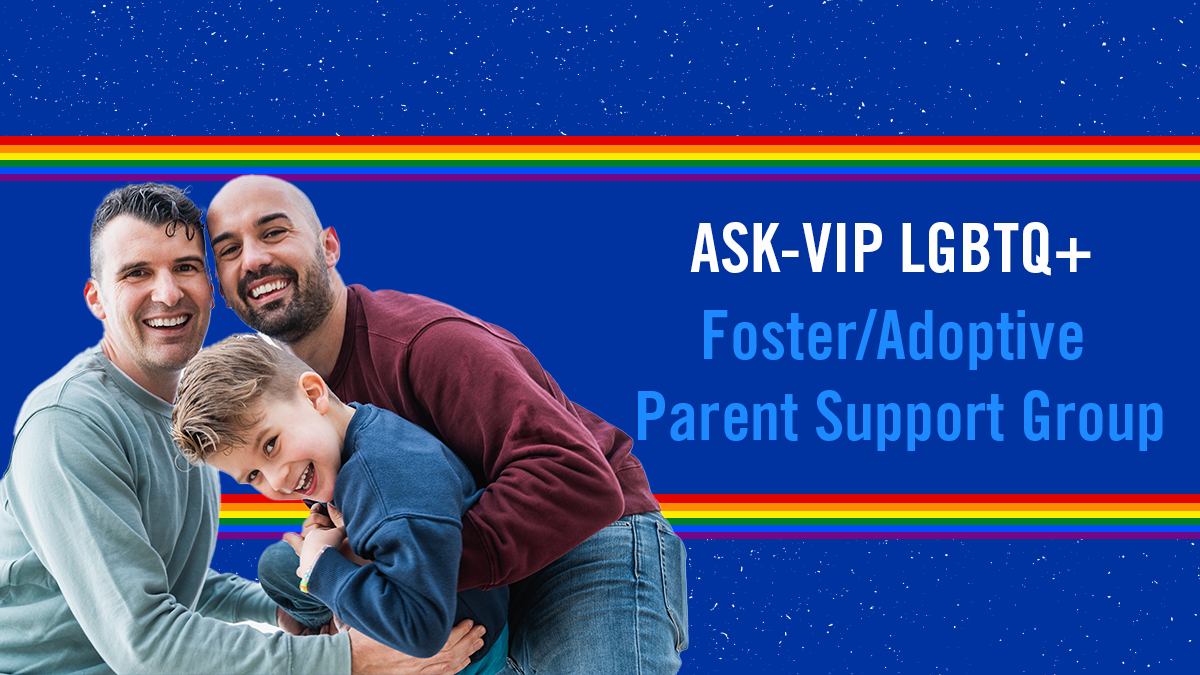A Grief Response Guide: Addressing Violence Exposure Among Urban Youth
At the nexus of therapeutic practice and urban youth’s mental health, including depression, anxiety, and grief there are gaps in knowledge. The knowledge available on the mental health of urban youth and their exposure to violence could be used to build interventions and services that support the integration of academic success outcomes through trauma informed care. Young people exposed to violence are affected by fatalism and disenfranchisement, especially those from inner city and high crime neighborhoods.
To better understand how loss impacts urban youth, a theoretical framework that combines two concepts—the socio-ecological theory and the meaning reconstruction theory—is presented. Our objective is to contrast these theories’ justifications for modern treatment methods and their application to young people, then offer a post-positive framework for successful interventions based on these beliefs. The knowledge related to urban youth and exposure to violence can be addressed through culturally aware practice and assessment of need.
The capstone will identify and propose the HEARTS resource created to address the disproportionate services for urban youth and share the research that supports this innovative approach to urban youth and grief.
























